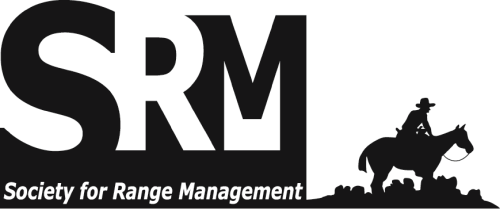The Rainwater Basin region of Nebraska is a key stopover location during spring waterfowl migrations. The availability of appropriate food resources is a major management concern, with preferred food sources being seeds of annual and perennial wetland plants. Reed canarygrass (Phalaris arundinacea) is a widespread invasive species in wetlands that suppresses more desirable seed producing species. Grazing is commonly used to manage regional wetlands, but there is little information on how the timing of grazing affects management goals related to wetland vegetation. We selected three wetlands with a history of recent grazing and evaluated seed production and end of season reed canarygrass biomass in response to four grazing grazing treatments. Treatments included grazing until June 15th, July 15th, August 15th (standard practice), and ungrazed.

Oral presentation and poster titles, abstracts, and authors from the Society for Range Management (SRM) Annual Meetings and Tradeshows, from 2013 forward.